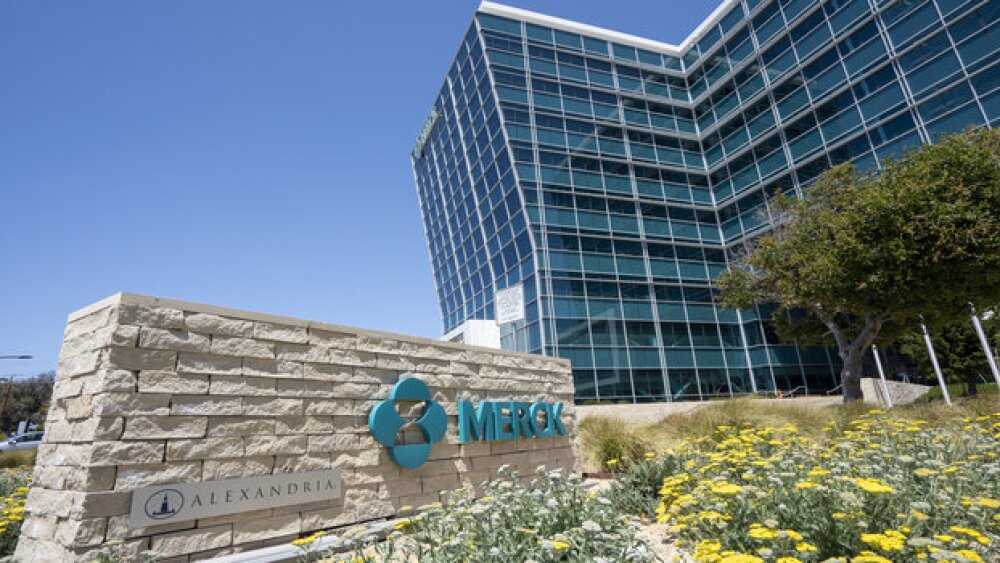2025 has been a busy year for Boehringer Ingelheim, which has so far inked at least five hefty partnerships—including its latest one with South Korea’s AimedBio for an antibody-drug conjugate therapy for cancer.
Boehringer Ingelheim is paying up to $991 million for an antibody-drug conjugate asset from South Korea’s AimedBio, in a pact that continues what has been a dealmaking spree for the German pharma this year.
Details were sparse in the press announcement on Wednesday. The companies, for instance, did not provide a detailed financial breakdown of the agreement, only revealing the $991 million total includes an upfront payment and development, regulatory and commercial milestones. On top of these commitments, AimedBio will still be entitled to royalties on net sales.
Similarly, the partners did not identify which of AimedBio’s assets would be involved in the licensing deal, nor did they reveal priority indications or targets. The South Korean biotech has four pipeline candidates, according to its website, two of which have already been licensed out to other companies. Of the two remaining assets, one is an ADC in preclinical development for solid tumors, while the other is a monoclonal antibody for atopic dermatitis and dementia.
In a statement, Vittoria Zinzalla, global head of Experimental Medicine at Boehringer Ingelheim, said the AimedBio partnership will help the pharma provide more treatment options “for currently hard to treat cancers.”
AimedBio is the latest pick-up for the German pharma, which this year has shelled out quite a bit of money in partnerships to build out its pipeline. In January, for instance, Boehringer Ingelheim inked two cancer contracts. One of these is with Lonza’s ADC-focused subsidiary Synaffix for up to $1.3 billion, gaining access to a drug discovery platform that can produce potentially best-in-class molecules for a yet undisclosed number of oncology targets.
The second January partnership was with Oxford BioTherapeutics, with which the pharma has exercised the option to advance a fourth novel cancer target. Boehringer has since assumed full responsibility over the further clinical development and commercialization of an antibody asset against this target. The two companies first linked up in 2013, though payments were kept under wraps.
In April, Boehringer made an investment in immunology, signing a $375 million licensing agreement with Cue Biopharma. The star of this deal is CUE-501, a bispecific molecule that binds to both B cells and a subset of killer T cells, in turn depleting disease-causing B cells implicated in autoimmunity and inflammation.
More recently, the German pharma in July joined hands with Re-Vana Therapeutics to develop long-acting assets for eye-diseases. The agreement put Boehringer on the hook for potentially more than $1 billion in total payments across three initial targets, which were undisclosed.






